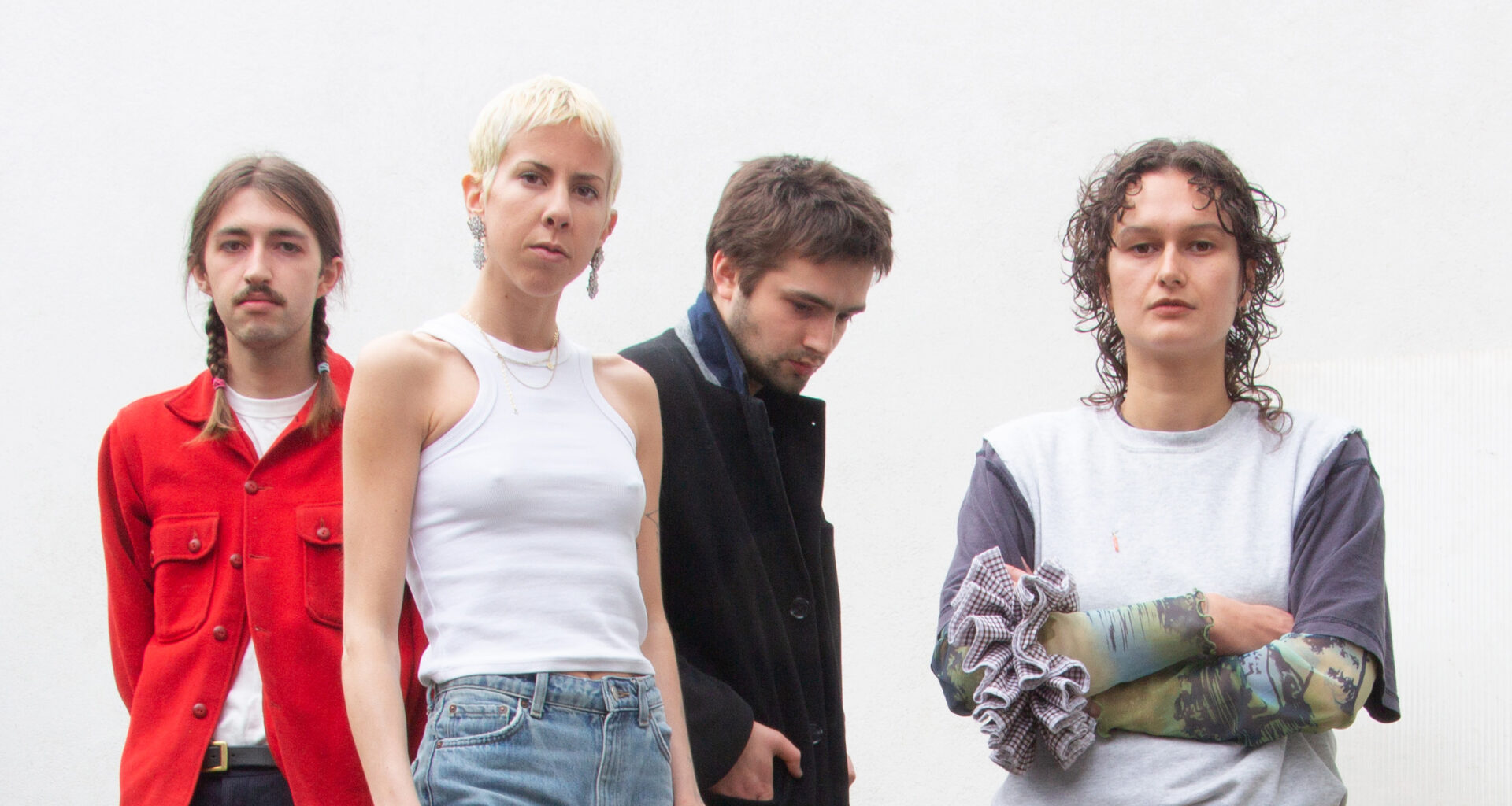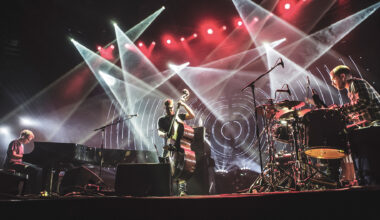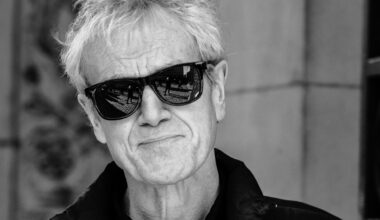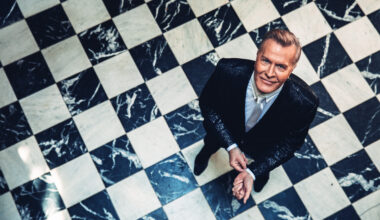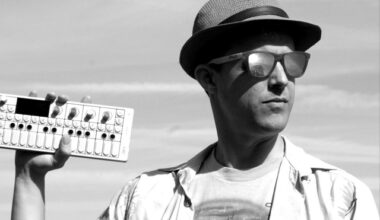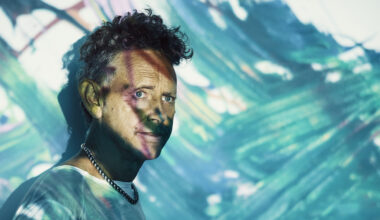A self-proclaimed “uber-group/circus troupe”, London quartet The Umlauts dabble in wonky minimal synths, art-punk and industrial vibes. Thrillingly visceral it all is too, as their ‘Another Fact’ EP vividly attests
Want to read more?
Sign up to Electronic Sound Premium to gain access to every post, video, special offers, and more. 100%, all you can eat, no commitment, cancel any time.
Already a premium member? Log in here
